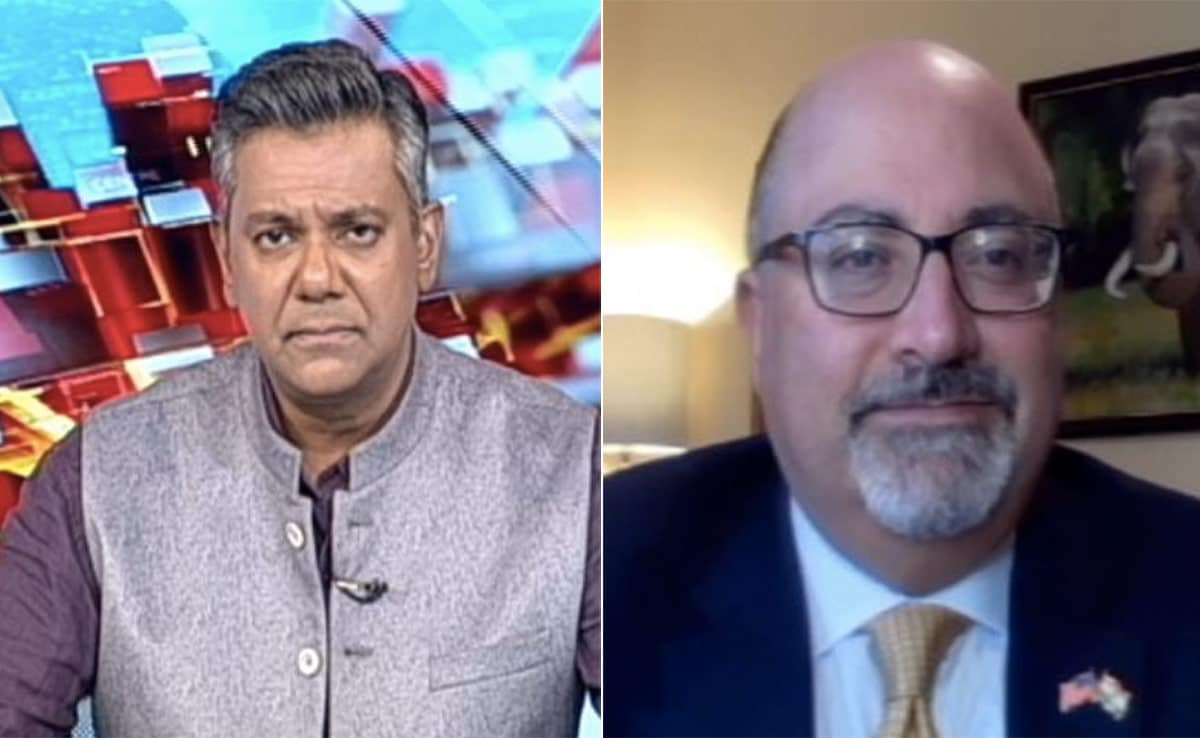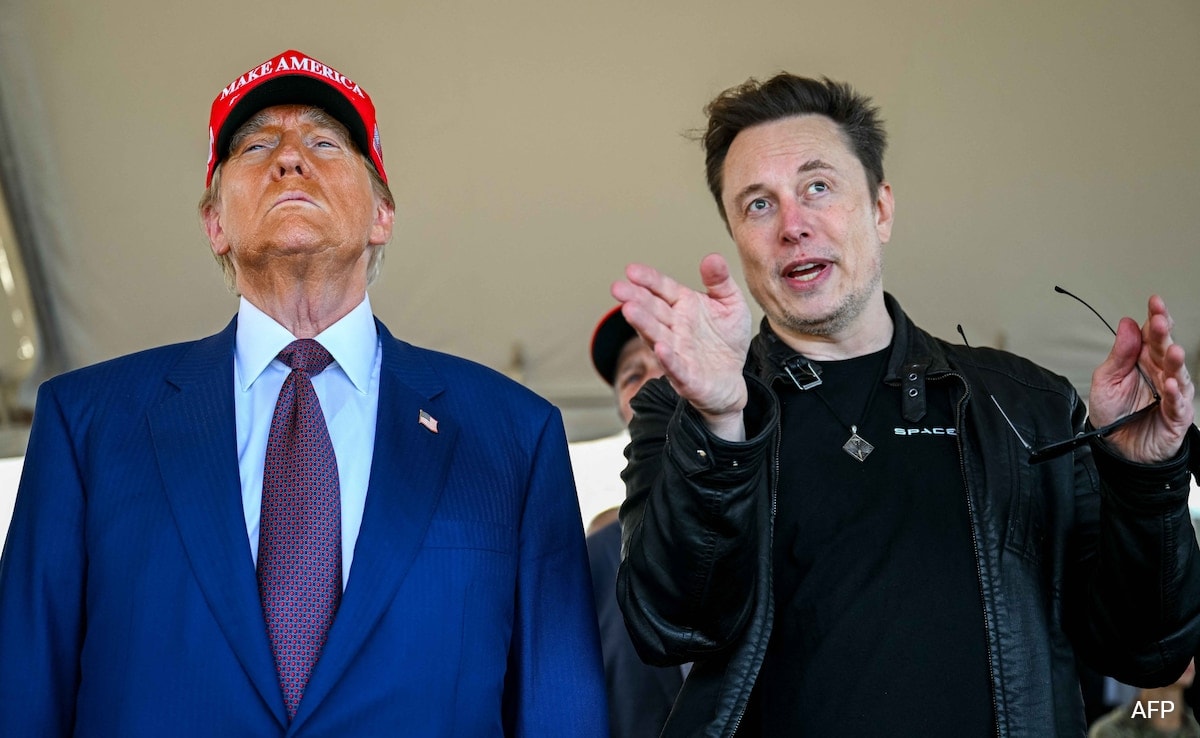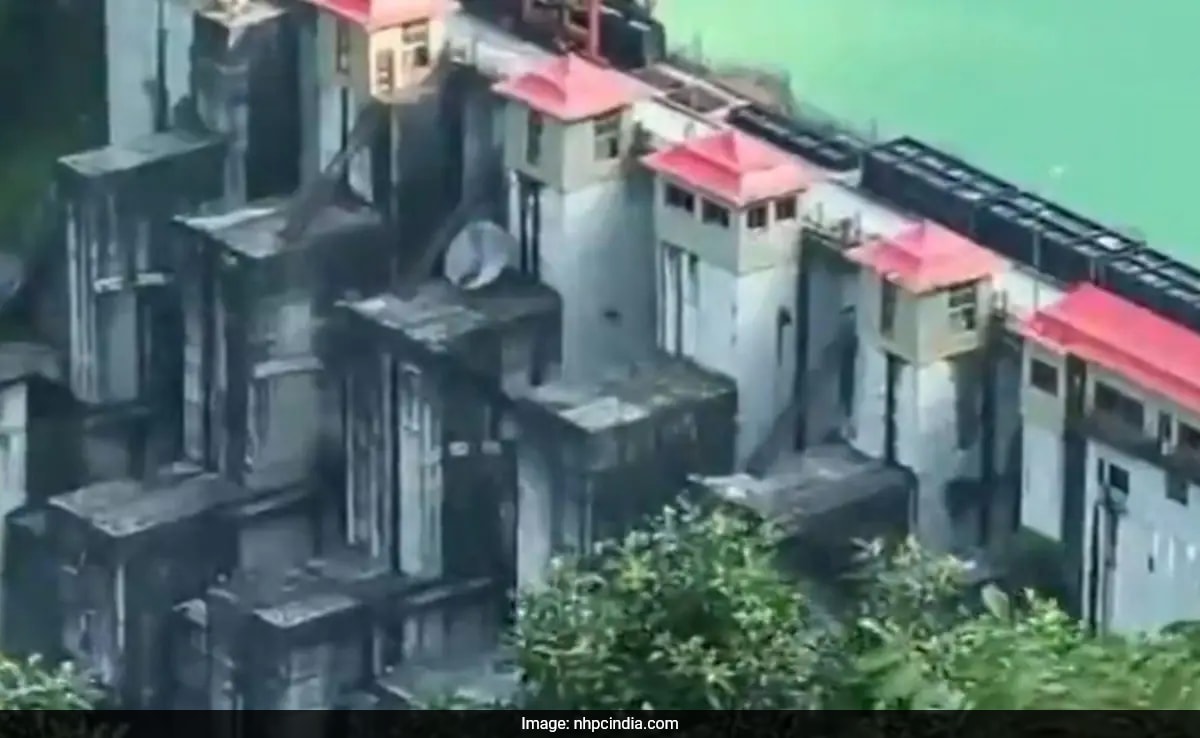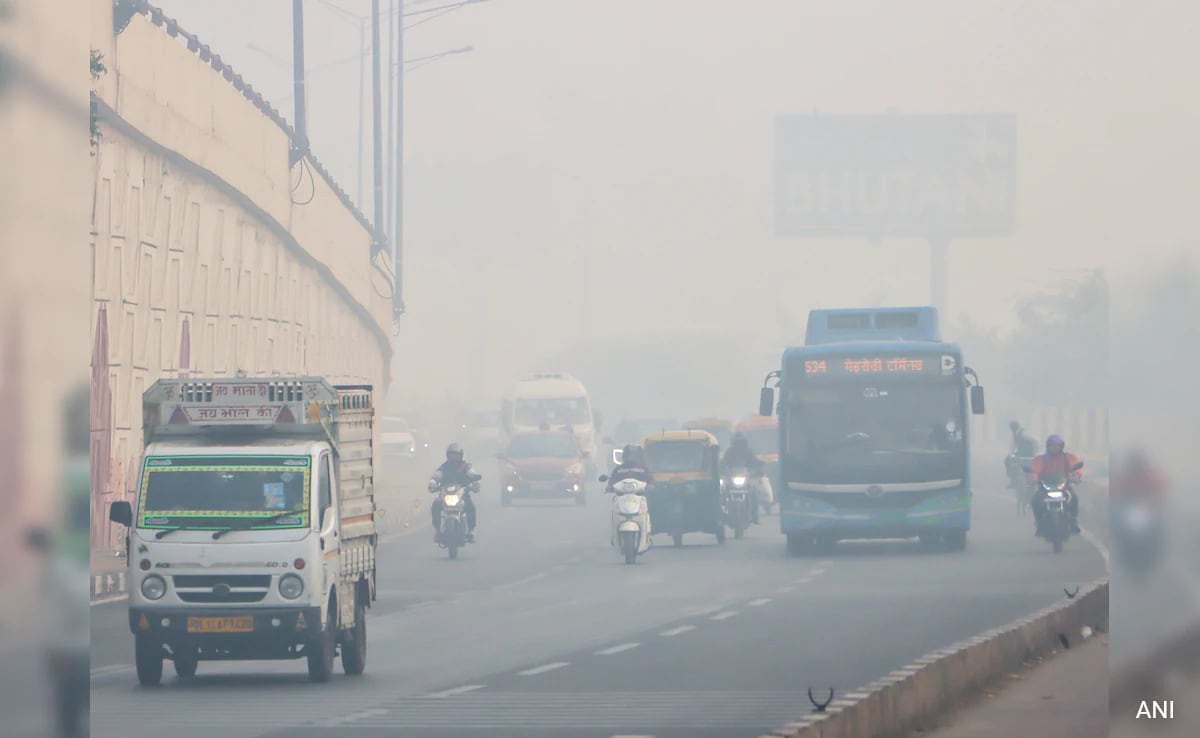Two days after Prime Minister Narendra Modi made his first public remarks on an Indian national allegedly conspiring to murder Khalistani terrorist Gurpatwant Singh Pannun, a key United States diplomat has said that India and the US have dealt with the issue with maturity and tact, and that the relationship between the two countries has reached a new echelon.
Speaking exclusively to NDTV on Thursday, Atul Keshap, who is the President of the US-India Business Council, said 2023 has been an “amazing year” for ties between the two countries, and that issues come up with the United States’ closest allies around the world. Mr Keshap’s perspective carries even more weight because he has served in New Delhi in various capacities, including as US envoy to India, and has seen the relationship evolve over the years and get to where it is today.
In his remarks to the Financial Times on Tuesday, PM Modi had said that the allegations pertaining to Pannun will be examined, but emphasised that “a few incidents” cannot derail ties between India and the United States.
When Mr Keshap was asked about this, he said, “I saw the Prime Minister’s remarks and I think he has got it exactly right. If you think about it, we have actually had an amazing year in US-India relations. Probably the best year I have seen in my entire professional career. We had a visit, a state visit by the Prime Minister of India to the United States. We had a visit by the President of the United States to India.”
The diplomat asserted that issues come up in every relationship, especially one as “broad and diverse and powerful” as the one between the United States and India, and that this happens with the US’ closest allies around the world.
“It has happened with Japan, with France, with the UK, with others. And what I love about the way that our two governments have been handling whatever issues that come up is that they have done it with maturity and tact, fully mindful of the shared strategic collaboration, the strategic, economic and technological convergence between our two great democracies,” Mr Keshap said.
“And, so, I am fully confident that they will manage this in a very reasonable, mature, tactful way, because that is where our relationship has come to. It has reached a new echelon,” he added.
Extradition, Moving On?
An Indian, Nikhil Gupta, was detained at the Czech Republic’s Prague airport in June at the request of the US government. The US Department of Justice has charged Mr Gupta with conspiring with an Indian government official to assassinate Gurpatwant Singh Pannun on American soil, and sought his extradition. The Khalistani terrorist holds citizenship of both the United States and Canada.
Asked whether the episode was behind India and the US or whether the extradition and legal requirements would cause it to linger on, Mr Keshap said, “Well, look, I can’t prognosticate, but I have a very high degree of confidence that, in the corridors of power in Delhi and in Washington, both sides recognise the tremendous importance of our shared partnership across many different dimensions.”
“And whatever happens in this particular matter is going to be dealt with by both governments within the context of that very broad partnership. These are dangerous times. Geo-strategically, the world is shakier than it has been in a long time. I think the United States and India reach out to each other and embrace each other because we are the world’s largest, most stable, most dynamic, most robust democracies,” he explained, adding that both countries are working on a thousand matters together and the Pannun issue is just one of them.
Alluding to the Israel-Hamas war, the diplomat pointed out that India and the US are also focused on ensuring the stability of the Middle East.
Red Sea Patrols, Economic Corridor
On the attacks on cargo vessels in the Red Sea, allegedly by Houthi rebels in Yemen, in the wake of the Israel-Hamas war, and whether India should play a bigger role in protecting international commerce in the area, Mr Keshap said India has done a “tremendous job” of patrolling the Indian Ocean and ensuring the safety of mariners.
“And so India is very, very capable. It is increasingly clear to me that Washington and New Delhi, Tel Aviv and Riyadh and Abu Dhabi are all seeing each other as joint partners in ensuring the stability of that entire region, including the very critical sea lanes at the Straits of Hormuz, at the Bab-el-Mandeb in the Red Sea, and in the Suez Canal. And, of course, so much commerce flows through those sea lanes. So I think India has a giant stake in it and would be a welcome partner,” the US-India Business Council President said.
Asked about the war’s possible impact on the India-Middle East-Europe Economic Corridor, which was unveiled at the G20 summit in September, Mr Keshap said the project is likely to face a delay, but will continue.
“I think what we are seeing here is another one of these periodic disruptions to the overall trend lines in the Middle East,” he said.
‘Life Is Great’
Mr Keshap said US President Joe Biden not coming to India for the Republic Day next year could be a result of him being busy with the elections, as well as scheduling conflicts, and such things happen all the time.
“But when you look at the track record of accomplishment in 2023, we are riding high. Life is great. Our companies are happy. The US-India Business Council is booming. Our countries are booming. We are the envy of the world in terms of our strength and resilience,” the diplomat said
“We have our problems. But, because we are democracies, we can get through them and fix them in a forthright manner. So I am feeling very optimistic about 2024 and beyond,” he asserted.














